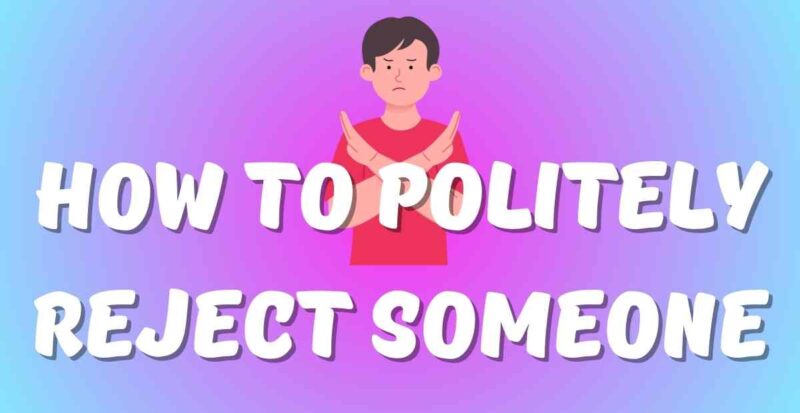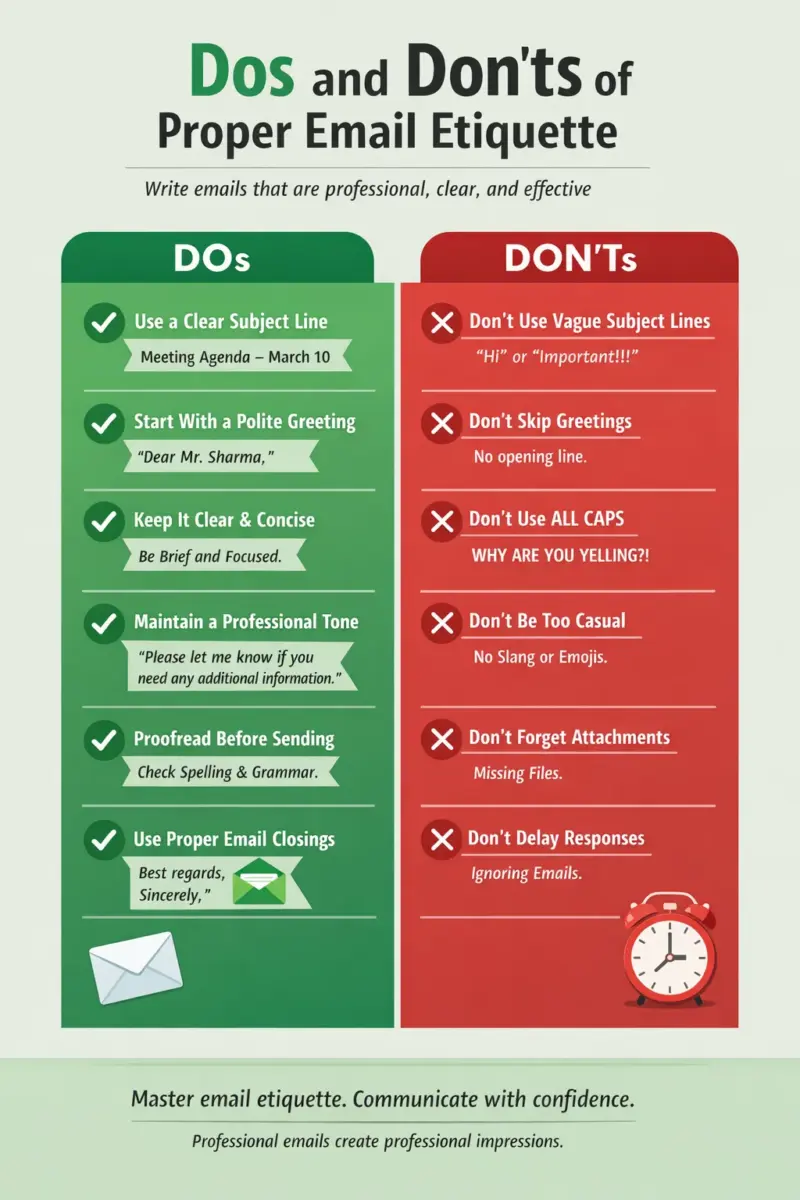How to Politely Reject Someone

Politely Reject Someone
In a world where communication plays a pivotal role, knowing how to politely reject someone is a skill worth mastering. Whether it’s declining a job offer, turning down a romantic proposal, or saying no to a social invitation, the way you convey your refusal can significantly impact your relationships and reputation. This article will guide you through the art of tactful declination, ensuring that you can gracefully decline while maintaining respect and courtesy.
The Importance of Polite Rejection
Before delving into the intricacies of polite rejection, let’s understand why it matters. Every interaction you have with others contributes to your personal and professional brand. Refusing someone with grace not only reflects well on your character but also preserves the dignity of the person you’re rejecting. Here are some compelling reasons to master this skill:
1. Maintaining Relationships
In both personal and professional spheres, relationships are invaluable. By politely rejecting someone, you can avoid causing unnecessary friction or resentment. This paves the way for continued respect and cooperation, even after a refusal.
2. Preserving Your Reputation
Your reputation is your most significant asset. Rude or dismissive rejections can tarnish your image and hinder future opportunities. Polite refusal, on the other hand, enhances your reputation as a considerate and respectful individual.
3. Promoting Goodwill
Tactful declination can foster goodwill and positive feelings, even in the face of disappointment. People are more likely to understand and appreciate your honesty when you communicate respectfully.
The Art of Saying No Gracefully
Now that we’ve established the importance of polite rejection, let’s delve into the strategies and techniques that will help you master the art of saying no gracefully.
1. Be Prompt
When you know you need to decline, don’t delay your response. Promptness shows respect for the other person’s time and demonstrates your commitment to open and honest communication.
2. Express Gratitude
Begin your refusal by expressing gratitude. Whether it’s for a job offer, a date invitation, or a favor, acknowledging the other person’s efforts or intentions sets a positive tone for the conversation.
3. Use Positive Language
Frame your refusal in a positive light. Instead of saying, “I can’t do this,” say, “I appreciate the opportunity, but unfortunately, I’m unable to commit at this time.” This approach focuses on your limitations rather than a flat-out rejection.
4. Offer an Explanation (Optional)
Depending on the situation, providing a brief explanation for your decision can be helpful. However, be cautious not to over-explain, as this can inadvertently lead to discomfort or defensiveness.
5. Suggest Alternatives
Whenever possible, offer alternatives. For example, if you can’t attend an event, propose another time to meet or suggest a colleague who might be available. This demonstrates your willingness to accommodate in the future.
6. Maintain a Firm but Polite Tone
It’s essential to strike a balance between firmness and politeness. Avoid being wishy-washy or overly apologetic. Instead, convey your decision with confidence and respect.
7. Follow Up
After delivering your refusal, follow up with a note of appreciation and goodwill. This helps solidify the idea that your decision is not a reflection of your overall opinion of the person or opportunity.
Real-Life Scenarios: How to Politely Reject
Let’s explore some common situations where polite rejection is crucial and how to handle them effectively.
1. Rejecting a Job Offer
Subject: Grateful for the Offer
Dear [Hiring Manager’s Name],
I wanted to express my sincere gratitude for offering me the [Job Title] position at [Company Name]. I’m genuinely impressed by your team and the exciting projects you’re working on.
After careful consideration, I’ve decided to pursue another opportunity that aligns more closely with my long-term career goals. This was not an easy decision, as I have a great deal of respect for [Company Name]. I hope you understand and appreciate my honesty.
Thank you once again for considering me for this role, and I wish [Company Name] continued success in the future.
Best Regards, [Your Name]
2. Turning Down a Social Invitation
Subject: Re: Dinner Invitation
Dear [Friend’s Name],
I hope this message finds you well. I wanted to thank you for inviting me to dinner this Friday. It means a lot to me that you thought of me, and I truly appreciate your kind gesture.
Regrettably, I have a prior commitment on Friday and won’t be able to make it to dinner. I’m disappointed that I won’t be able to join you and catch up, but I hope we can reschedule for another time that works for both of us.
Thank you again for the invitation, and I’m looking forward to our next opportunity to meet.
Warm Regards, [Your Name]
3. Declining a Romantic Proposal
Subject: A Heartfelt Conversation
Dear [Partner’s Name],
I want to start by saying how much I value our relationship and the time we’ve spent together. You mean a lot to me, and I’ve cherished every moment we’ve shared.
Regarding your proposal, I want to be completely honest with you. While I deeply care about you and our connection, I don’t believe I’m ready for this level of commitment at this point in my life. Please understand that my decision is about where I am personally, and it doesn’t diminish my feelings for you.
I hope we can continue to nurture our bond and explore the wonderful journey of our relationship without this added pressure.
With Respect and Affection, [Your Name]
In Conclusion
Mastering the art of politely rejecting someone is a valuable skill that can enhance your personal and professional life. By being prompt, expressing gratitude, using positive language, offering alternatives, and maintaining a firm but polite tone, you can gracefully decline while preserving relationships and your reputation.


